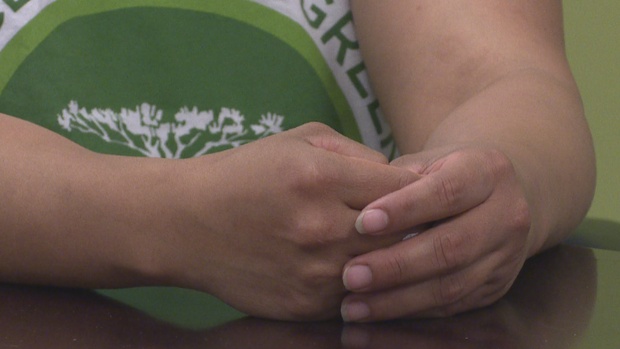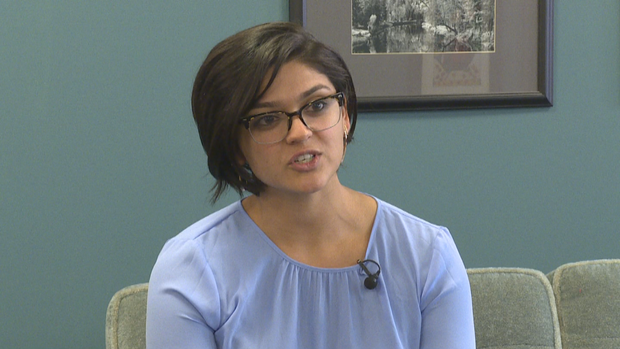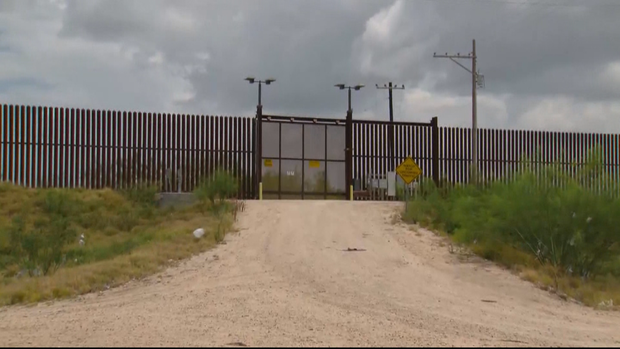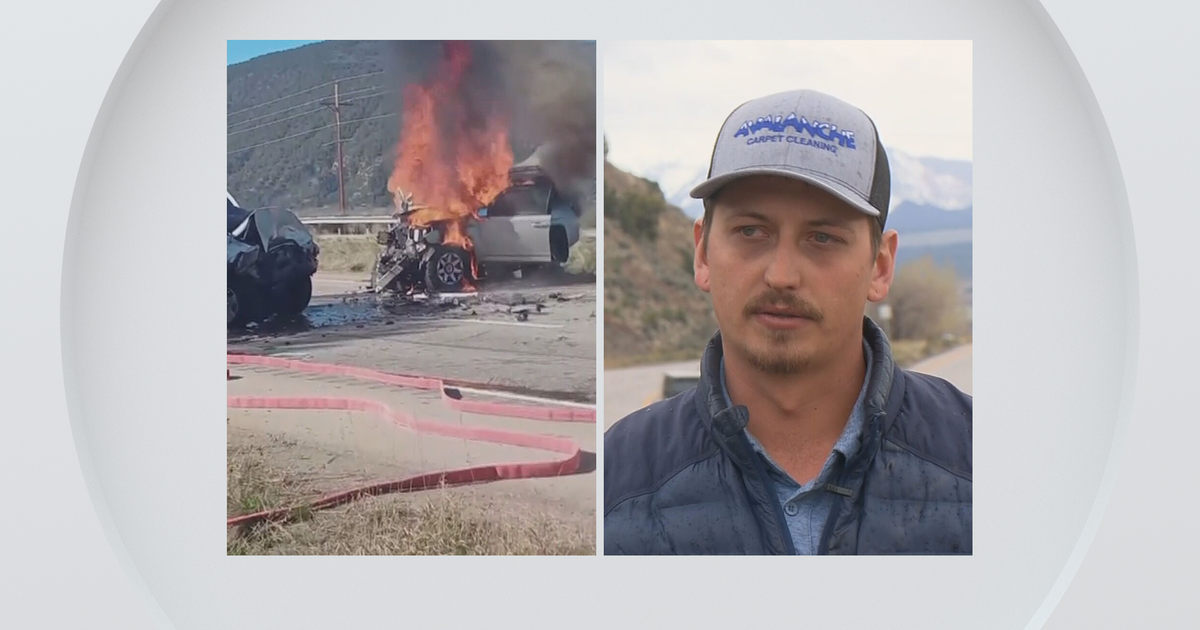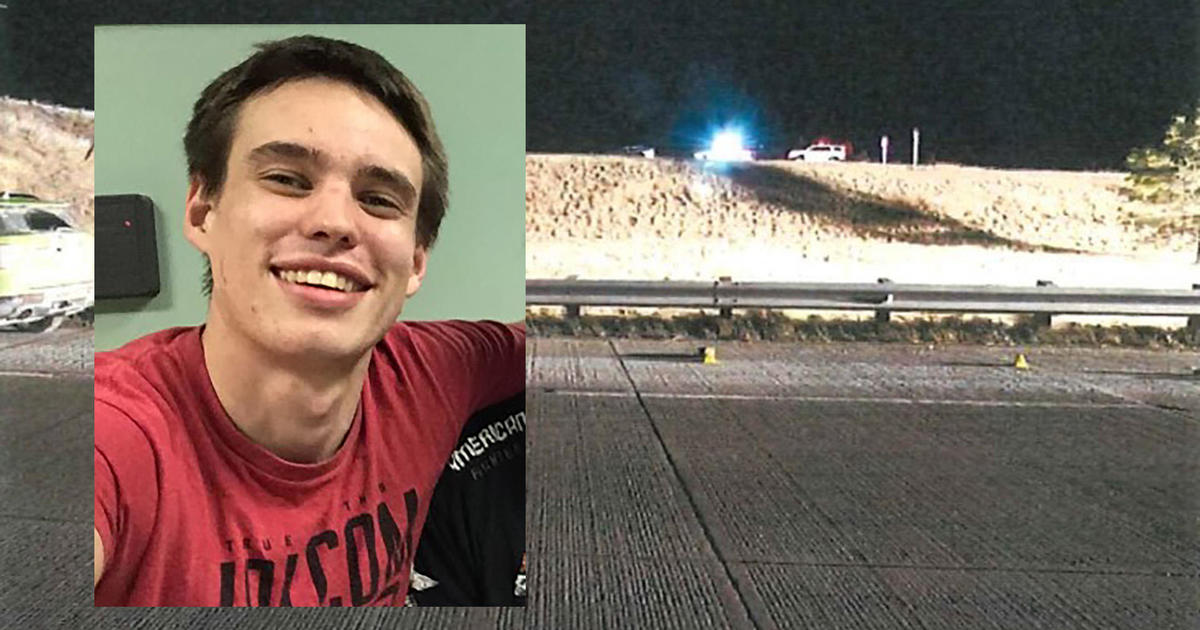Organization Tackles Misinformation, Educates Immigrants Suffering Abuse
DENVER (CBS4) – A survivor of domestic violence who came to the U.S. to escape violence in Honduras says there are many more women like her in Colorado. She says many are unable to escape from their abusers who threaten they will be deported and use misinformation to keep them from getting the help they need.
"I came seeking asylum," said a woman who asked we call her "Sarahi" in an interview with CBS4. "They killed my cousin."
She saw the violence in her native country first hand when she lost a loved one, those same criminals threatened to kill her as well. The small business she operated was succeeding and she knew her family faced danger if she remained in Honduras. So she came to the U.S. with the help of a man she thought she could trust. They eventually married and came to Colorado.
"When we were living in Honduras, my son was witnessing everything they were doing," she said through a translator. "The mobsters started noticing that we were doing well."
"Sarahi" eventually would receive a work permit to live in the U.S. but only after escaping her husband and experiencing physical and emotional abuse. She says he also hurt her son while they lived together.
"I had faith he was a good man, a Christian man," she told CBS4 on Friday. "Things just started slowly changing and I realized he wasn't the man I thought he was."
Her husband not only forced her to work but made her drive even though she did not know how to earn a paycheck. Many times while talking to CBS4, she cried while explaining the abuse she experienced.
"It reached its limit when he started insulting me, he thought he was above everyone else," she said. "That's one of the reasons it took me so long to get out because I didn't know where to go."
Angela Ceseña is the executive director of Latina SafeHouse. She translated for "Sarahi" and works with survivors like her to help them find a safe escape from abuse.
"It's really unfortunate how common it is," Ceseña said.
One in three Latinas are survivors of domestic violence and the statistic could be higher as so many cases go unreported, according to Latina SafeHouse. Misinformation in these cases is often times a tool used by the abuser, so is the threat to get them sent out of the country. A challenge especially because so many victims come from mixed-status homes where some in their family are in the country legally but others are not.
"Often times immigration is one of those forms of abuse that goes unreported," she said.
In the case of "Sarahi," other women were enablers of her husband's abuse and even responsible for some of the trauma she experienced in that house. Her husband's mother and sister often made the situation worse, she said.
"Culture is used as an excuse or a justification," Ceseña said.
Some of the challenges in Colorado are based on law enforcement and support groups trying to keep up with the growing number of Latinos. Latina SafeHouse works with district attorneys to educate them on the obstacles. Language is also a barrier because access to those who speak the same language is below in Denver compared to other major cities.
"These are human beings and although there are different factors that can make it more challenging," she said.
When "Sarahi" learned that her husband hit her son with a stick, she knew she had to leave even without any family nearby. She still fears for her life because she says her husband threatened his previous wife and her new partner after they divorced.
"I really do, I'm still scared, this isn't the first time he's done it," she said. "What really motivated me was the last incident, when he threw my son against the wall."
She has filed a police report and has found a new place for her family, her son and daughter. She shared some of the worst experiences of her abuse while talking to CBS4. Her husband kept food from her, even when she was pregnant. He even disconnected her battery so she could not use the car.
"Sometimes it feels like you're living in an alley with no exit," she said. "I was trapped, I felt trapped the whole time."
When it came time to leave, "Sarahi" says it is important for women to know that they cannot be embarrassed to ask for help. She relied on her neighbors a lot, they gave her food when her husband did not. She hopes her story will help other women to leave as well.
"I would tell them to find the strength for themselves and for their kids and their families and find the way to leave," she said. "I'm still fighting and I'm moving forward and I'm going to continue to fight and continue to do better."
Latina SafeHouse works with the Rose Andom Center, another resource for survivors of domestic violence. The organization will have its annual golf tournament to raise money for their work on June 28.
